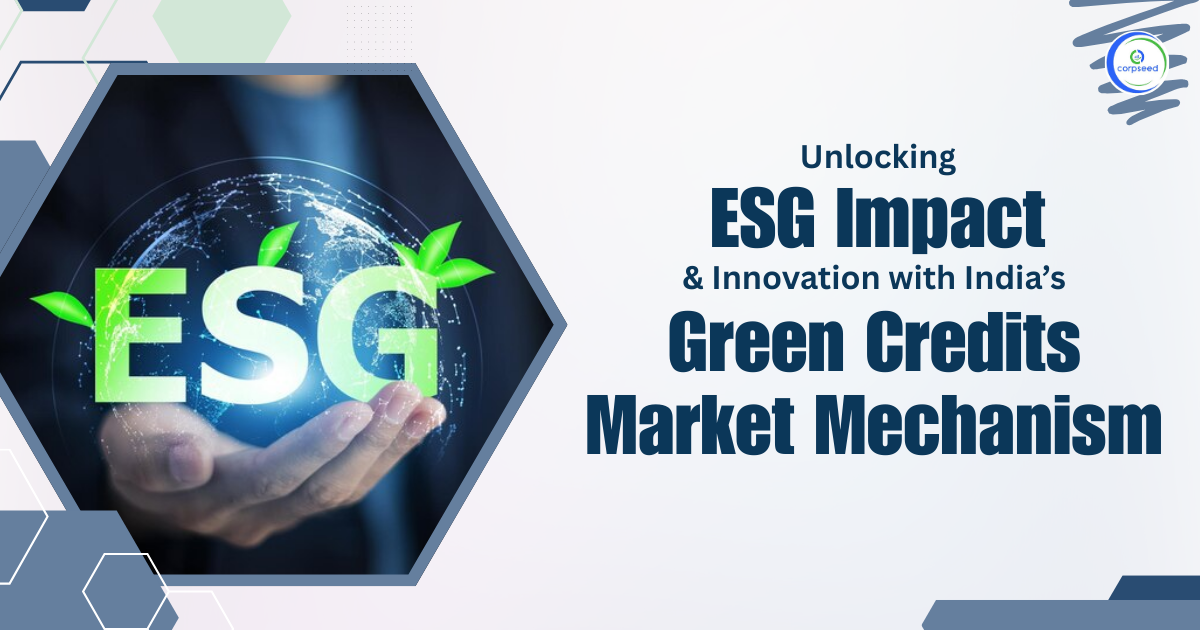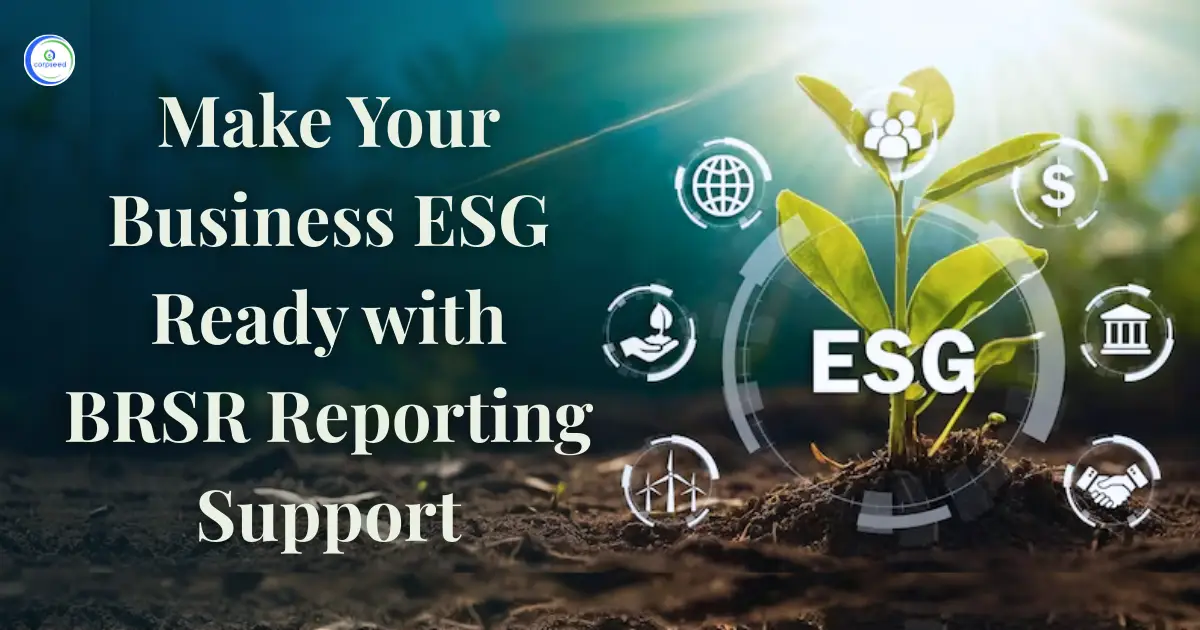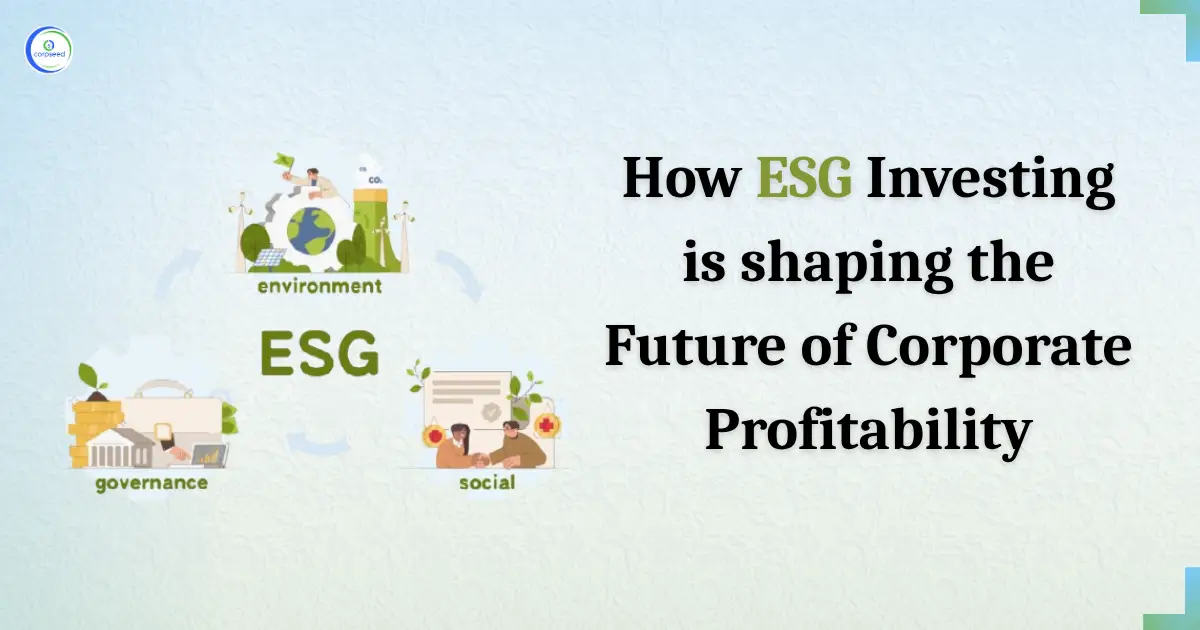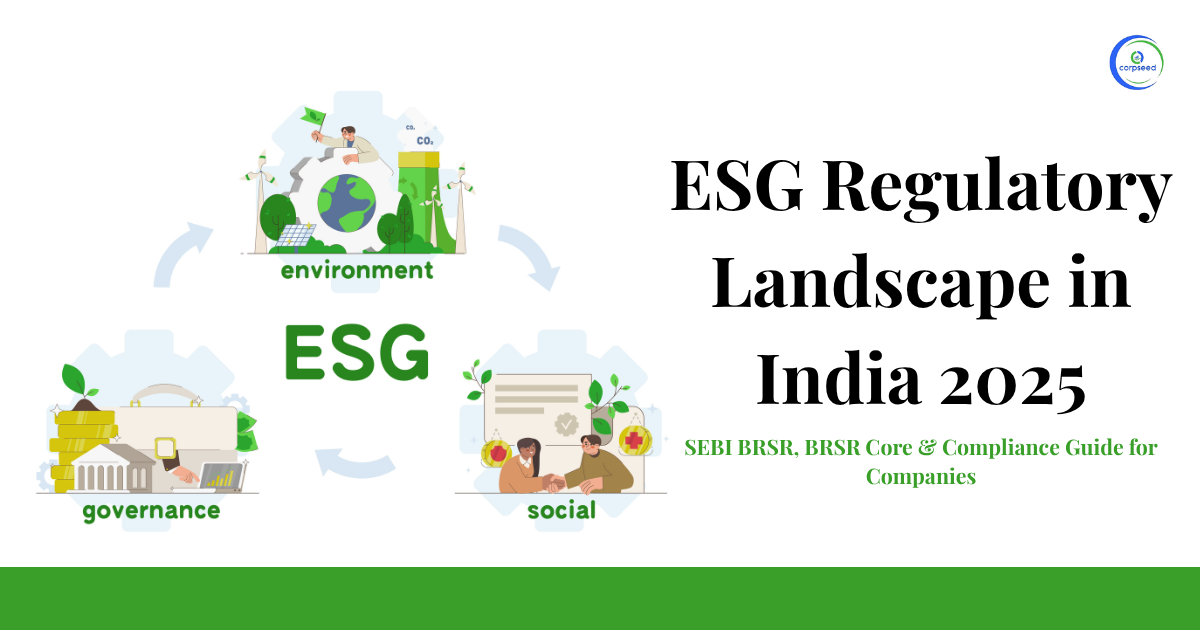What is ESG Investing?
The ESG policies of companies are heavily influenced by investors and shareholders since they have the financial means to bring about large-scale improvements. A set of criteria for a company's conduct known as environmental, social, and governance (ESG) investing is used by socially responsible investors to evaluate possible investments. ESG investment is also known as socially conscious investing, impact investing, sustainable investing, and Socially responsible investing (SRI). Investors evaluate a firm using a wide range of practices and policies to see how it performs in terms of ESG.
Table of Contents
--------------Blog Contact Form-------------
The Need for ESG Investing
- Environment: Corporate climate policy, energy use, waste disposal, pollution, the preservation of natural resources, and the treatment of animals are a few examples of environmental challenges. ESG factors can also be used to assess any potential environmental concerns a business may have as well as how that business is addressing those risks.
- Social: The company's relationships with internal and external stakeholders are examined through social aspects. This particular aspect of ESG is highlighted by the investment strategy known as Socially Responsible Investing (SRI). In addition to battling against racial, gender, and sexual discrimination, SRI investors look for businesses that support moral and socially conscious ideals like diversity, inclusiveness, community focus, social justice, and corporate ethics.
- Governance: By adhering to ESG governance principles, a business is guaranteed to utilize transparent and accurate accounting practices, appoint executives with integrity and diversity, and be answerable to shareholders. ESG investors could demand guarantees that businesses don't engage in criminal activity, utilize political contributions to seek preferential treatment, or choose board members and top executives with conflicts of interest.
Read Our Blog: What is Environmental, Social and Governance?
How important is ESG Investing?
People all across the world are adjusting their lives to be more sustainable, doing simple things like recycling household waste, residing more economically to reduce waste, and opting whenever possible for greener forms of transportation. Naturally, this has begun to affect financial choices, such as investing In Environmental, Social, And Governance (ESG) companies.
- ESG Delivers Superior Returns
By allocating funds to even more viable and sustainable options, such as scrubbers, renewable energy, and waste reduction, a strong ESG argument can produce excellent financial returns. ESG can also assist companies in avoiding stranded assets that might not be profitable because of ongoing environmental issues, such as a sharp decline in the value of oil tankers. Most essential, you must start from the proper baseline to properly account for returns on your assets. Therefore, to maximize the advantages of higher returns on your investments, make sure you invest your money in more environmentally friendly products.
- ESG and Top-Line Growth are Related
Strong ESG proposals can aid organizations in both market entry and market expansion. By providing more sustainable products, a company can use an acceptable ESG practice to draw in B2B (Business-to-Business) and B2C (Business-to-Consumer) customers. By fostering closer ties between the government and the community, it gives businesses better access to various resources. Additionally, ESG can further influence consumer preferences.
- ESG Investments Reduce Risk
ESG equities not only function well above time but also reduce risk options for investors, which is a key factor in the importance of ESG investing. A customer or investor will likely be making a less risky investment if they can recognize a legitimate ESG company. ESG-focused companies tend to be less unstable and have better reputations since they are dedicated to upholding legal requirements and adopting a fair ESG framework.
- ESG enables Cost Savings
ESG can significantly save costs. Along with other advantages, effectively implementing ESG principles can assist businesses in reducing emissions of greenhouse gases and managing rising operating costs. Implementing eco-friendly facilities throughout your business structure will help you save money on utilities overall and promote excellent business practices.
What are the Advantages of ESG Investment?
- Lower Risk
Investors that are interested in ESG investing frequently try to steer clear of businesses with dubious practices or irresponsible behaviour. These businesses occasionally have larger failure rates, which means their stock will cost less when one wants to sell it, which isn’t a favourable investing strategy. The business may lower the risk of losing money on investments by concentrating on responsible investing.
- Cost
When determining how to invest their money, fees are a critical consideration for many investors as they don't need expensive luxury things for their top executives or extensive advertising campaigns to increase sales. Businesses with sustainable practices eventually become more efficient and cost-effective. Due to this, the company's overall costs are reduced.
- Superior Returns
Long-term gains from ESG investing often are higher. Investors who stay away from businesses with questionable business procedures might put more of their money into other businesses with better assurance. When it comes time for you to sell your investment and recoup some of your initial investment when you first bought the stock, they are more likely to receive a bigger return because their investments are more likely to succeed.
- The outperformance of the Market
Investors are interested in excellent governance because they are concerned about the future of the world and believe that businesses with sound corporate governance will be more likely to be long-lasting. Because they don't need expensive luxury things for their top executives or extensive advertising campaigns to increase sales, businesses with sustainable business practices eventually become more efficient and cost-effective.
What Are the Disadvantages of ESG Investing?
- Higher fees and less diversification are also possible
ESG funds aren't using a passive strategy because they don't follow an index. Higher fees could result from this. ESG may reduce diversification as well. Several ESG funds have failed in 2022 for the same reason they succeeded in the past: they frequently invest heavily in technology firms, which had a wonderful run until they suffered losses this year.
- Legal Dangers
The second-most pressing concern quickly rose to include the regulatory risk brought on by ESG disclosures. In 2022, it's anticipated that demand for ESG disclosures will increase even further due to ongoing climate-related disasters and unpredictable weather patterns, stricter regulations regarding emissions, growing demand for renewable and sustainable energy, ethical supply chain concerns, biodiversity concerns, and growing social and governance concerns. Companies and funds alike need to establish ESG principles and strategies from the top down in order to get ready for upcoming mandates. These ESG initiatives ought to start with cross-functional mapping of ESG strategies and risks while striving to gather information on pertinent, significant ESG metrics.
- Gathering Data
The lack of legislation dictating what ESG measurements and risks businesses must disclose, as well as the patchy, inconsistent nature of ESG communications, are major issues in the area of ESG investments. Investors frequently mention the inability to satisfy limited partner requirements for ESG information as a major worry as they incorporate ESG data into their investment decision-making processes more and more. Investors have the chance to monitor development and obtain the vital data they need for comparison and risk reduction when the data is trustworthy, reliable, and consistent. Businesses can collect enormous amounts of organized and unstructured data by using financial data, industry benchmarking, and artificial intelligence. All of this information can be used to update investors on ESG performance advancements.
- Long Term Risk
Today, a crucial ESG concern is climate risk. The long-term financial viability of organizations is already impacted by future infrastructural and property damages caused by climate change. When assessing a company's ESG profile, many investors include its readiness assessment, and capacity to foresee and respond to, a variety of climate concerns.
- Varying Industries
It might be difficult to apply the same set of characteristics to businesses with various business practices across different industries and geographic locations. Different businesses have different business strategies; some seek to outsource significant elements of their value chains, while others prefer to pursue vertical integration. Particularly in emerging markets, different areas have different data quality difficulties that must be taken into account.
Read Our Blog: ESG Reporting: ESG Sustainability Reporting and Is It Mandatory In India?
Conclusion
ESG applies to all businesses in today's world, and firms are rapidly realizing its value. ESG investing is growing essential as more and more shareholders, employees, customers, and regulators call for increased system transparency. ESG investing will surely become more important and alter how businesses are run in India and around the world, particularly in the new normal. In the long run, this would benefit both the corporate sector and everyone else. One may encourage top CEOs to perform even better by investing in companies with strong ESG ratings and avoiding those with low ratings. By investing, one makes a sound long-term investment by choosing a firm that successfully uses renewable energy or has a fantastic workplace and gives back when one does so. ESG indicators are also a worthwhile investment because they are linked to higher overall business success. a wise investment that pays off well.
This portion of the site is for informational purposes only. The content is not legal advice. The statements and opinions are the expression of author, not corpseed, and have not been evaluated by corpseed for accuracy, completeness, or changes in the law.
BOOK A FREE CONSULTATION
Get help from an experienced legal adviser. Schedule your consultation at a time that works for you and it's absolutely FREE.









